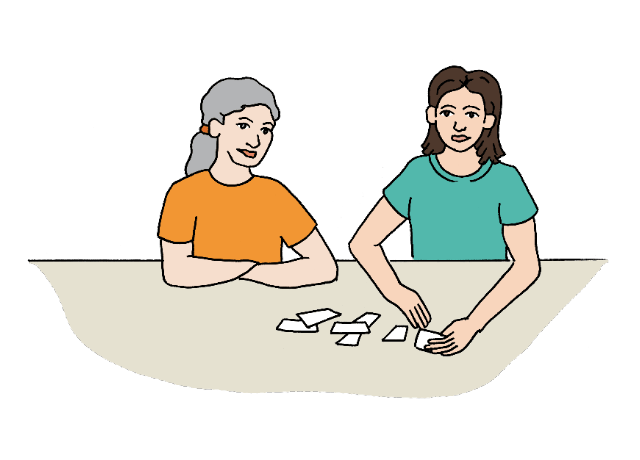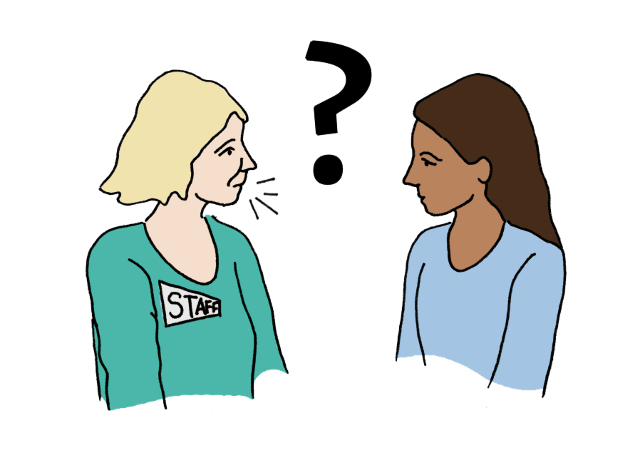The Restraint Reduction Network is a network of organisations and individuals committed to eliminating the unnecessary use of restrictive practices. We want services to be safe, dignified and rights-respecting.
Events
Upcoming conferences and webinars from the Restraint Reduction Network.
Qualifications
RRN qualifications support people to develop knowledge and skills to better support people and reduce the use of restrictive practices within services.
Projects
The RRN is pleased to lead and collaborate on projects that focus on specific areas of restraint reduction, seeking to inform, influence and improve practice across services.
RRN Training Standards
The Restraint Reduction Network Training Standards are a set of ethical training standards that protect human rights and support the elimination of unnecessary restrictive practices.



